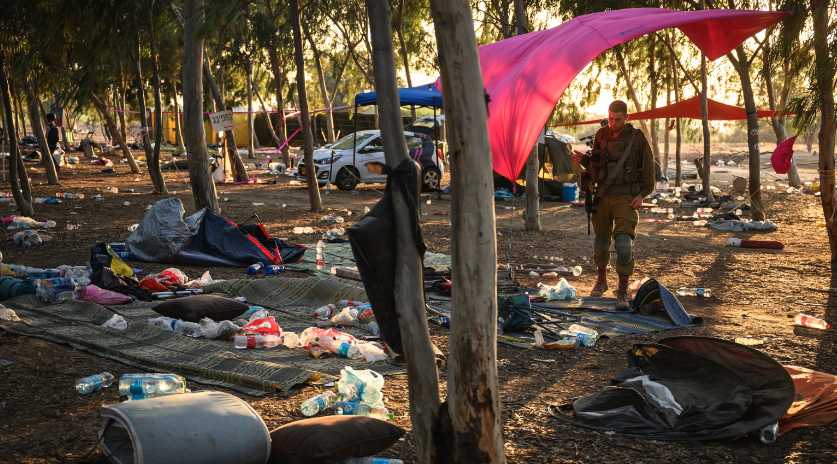In an age where violence and conflict are often portrayed in media, one must wonder: are we becoming desensitized to the atrocities occurring in our world? The question looms larger as we witness events that challenge our understanding of humanity and morality.
The recent surge in violent acts, especially in conflict zones, raises significant concerns about our collective response and the implications of these actions under International Humanitarian Law (IHL).
As you know, the list of atrocious and inhumane acts is prevalent in other areas of the world and not limited to wars, armed conflicts, or terrorism.
- China’s organ harvesting; forced labor (some used for goods sold to America); crushing of Democracy in Hong Kong; encirclement of Taiwan; expansion of man-made islands in South China Sea contrary to International Law.
- The wars in Ukraine, Lebanon/Syria, Gaza, Africa with destruction of property and escalating deaths and injuries to civilians.
- The rise of tyranny.
- And yes Iran, the world’s largest funder of terrorism wanting to destroy Israel and the Jews, as well as America “the Great Satan”.
This morning’s reflections are mainly motivated by a tragic news item: a senior Israel Defence Forces (IDF) commander, Colonel Ehsan Daqsa, was killed by a booby trap in the Gaza Strip. The explosion occurred as he was walking to an observation point near the Jabalia refugee camp, resulting in his immediate death and injuries to three other officers. Such incidents underscore the urgent need to examine the legality and morality of tactics used in conflict. This was on the list of my morning read of News Items by John Ellis.
1. 7 October Hamas-led Attack on Israel
On October 7, 2023, Hamas launched a surprise attack on Israel, resulting in significant loss of life and widespread devastation. Reports indicate that over 1,400 individuals lost their lives, with countless more injured. This attack raises serious questions about compliance with IHL, particularly the principle of distinction outlined in Article 48 of Additional Protocol I, which mandates that parties must distinguish between combatants and civilians. Targeting civilians or civilian infrastructure constitutes a violation of international norms.
2. Hamas Use of Civilians as Human Shields
Hamas has been accused of using civilians as human shields and utilizing schools and hospitals to conceal military assets. This tactic not only endangers innocent lives but also violates Article 51(7) of Additional Protocol I, which prohibits the use of civilians to shield military objectives from attacks. The collateral damage resulting from these practices often leads to higher civilian casualties, further exacerbating the humanitarian crisis.
3. Holding Civilians as Hostages
The holding of civilians as hostages by armed groups is another grave violation of IHL. Such actions not only violate Article 34 of the Fourth Geneva Convention, which protects civilians from taking hostage, but also contribute to a culture of fear and insecurity. The numbers are staggering, with thousands reported missing or taken hostage during conflicts, illustrating the devastating impact on families and communities.
Summary of Colonel Ehsan Daqsa’s Death
Colonel Ehsan Daqsa, 41, commander of the IDF’s 401st Armoured Brigade, was tragically killed by a booby trap in the Gaza Strip while conducting military operations. His death, along with injuries sustained by three other officers, highlights the dangers of such tactics in warfare, which can violate IHL principles concerning the use of indiscriminate weapons and the protection of combatants and civilians.
Conclusion
As we reflect on these recent events, it’s crucial to engage with the legal and moral implications of such actions. The violations of International Humanitarian Law not only affect immediate victims but also erode the fabric of society as a whole. Are we, as a global community, willing to accept this “new” normal? The challenge lies in reaffirming our commitment to humanitarian principles and protecting those most vulnerable amidst conflict.
Sources:
- Geneva Conventions (1949) and Additional Protocols (1977)
- Convention on Certain Conventional Weapons (CCW)
- Reports from international human rights organizations on recent events in Israel and Gaza.
- News Items by John Ellis, Oct. 21, 2024.
-
The Telegraph, “IDF colonel killed in Gaza becomes highest ranking officer to die in war with Hamas”.
Understanding these violations can help us advocate for a return to a culture that prioritizes humanity over hostility.
